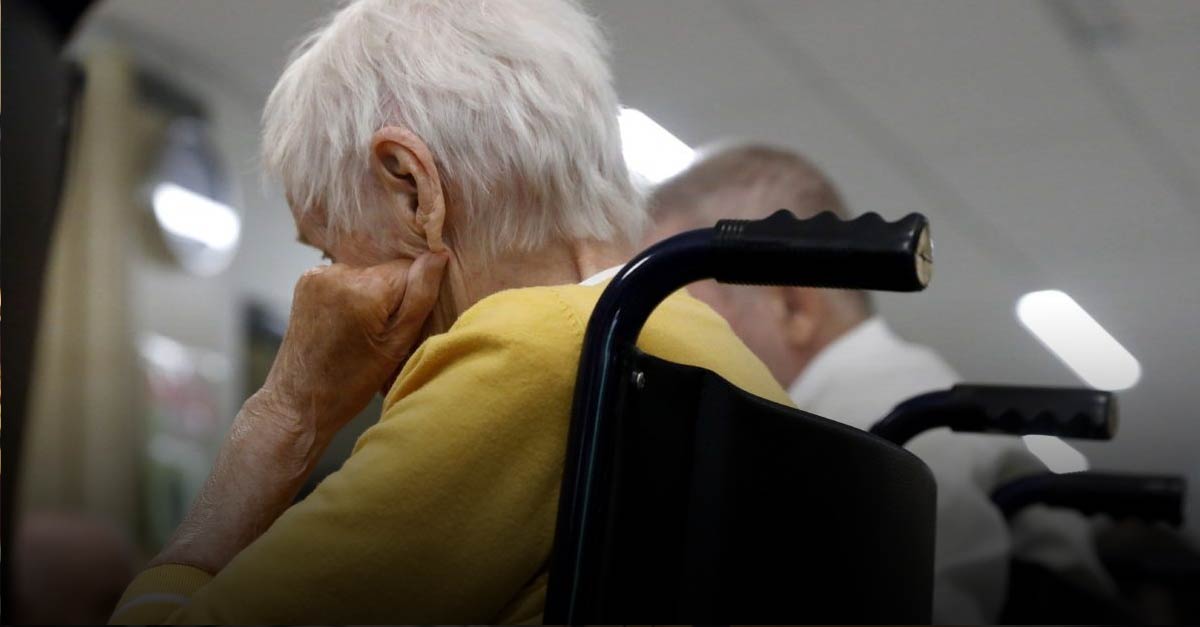Protecting loved ones against nursing home neglect in Pennsylvania

If you have ever been faced with the difficult decision of placing one of your parents or another loved one in a continuing care facility, you know how much research and planning goes into such a choice. Even if you exhaust every possible resource and are as careful as possible when selecting a nursing home, you cannot prevent every instance of elder abuse or neglect.
According to some estimates, nursing home abuse occurs at one in three facilities, so it is essential that you learn to recognize the signs of abuse or neglect so that you can put a stop to it before it gets worse. Abuse takes on many forms, and it may be physical, psychological, sexual or financial in nature. Your loved one may be subject to nursing home abuse or neglect if he or she:
Shows obvious signs of injury, such as bleeding or bruising
In some cases, nursing home abuse is overt. Unusual bruising or bleeding or unexplained broken bones are some examples of easy-to-spot signs of abuse. Rapid, unexplained weight changes may, too, indicate that something is not right, and burns, abrasions and bedsores may serve as additional clues about the type of treatment your loved one is receiving.
Appears unkempt or demonstrates signs of poor hygiene
If you visit your loved one and it appears he or she is not bathing regularly, or that he or she is forced to wear soiled adult diapers or use dirty sheets and bedding, these, too, could be signs of abuse at the facility. Keep an eye out to ensure that your loved one’s clothing and surroundings appear clean and properly maintained.
Begins to change emotionally
When older adults are abused, the signs are not always readily apparent. You may notice that your loved one appears more quiet or withdrawn than is typical, or you may find that he or she no longer seems to respond to you and other friends or family members in the usual manner.
Exhibits signs someone is taking advantage, financially
Financial elder abuse is also an unfortunate reality at many American nursing homes. If you notice your loved one’s prized possessions suddenly disappearing or recognize any strange transactions linked to any savings accounts or other funds, take the time to investigate further.
While some of these clues may be indications of aging, others may indicate abuse and therefore warrant a closer look. If you believe a loved one is being abused at a nursing home or continuing care center, consider contacting an attorney.


